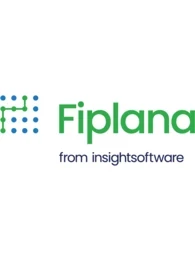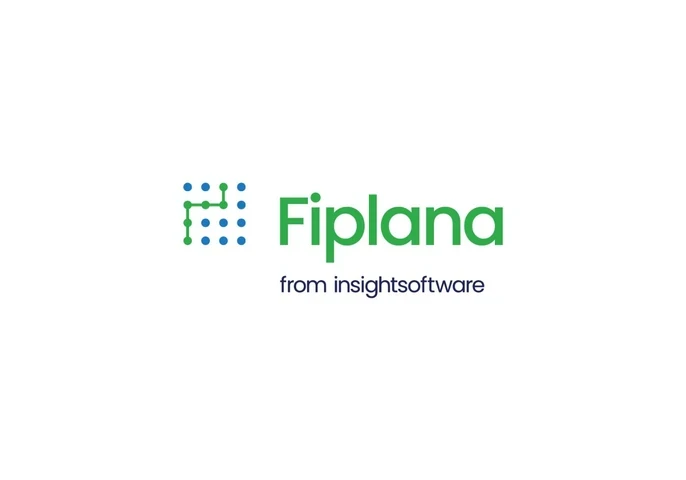The challenge all organisations, big and small, face is answering and implementing solutions to solve this key question: How can finance and accounting teams work faster, smarter and more accurately?
In the recent episode of the Don’t Panic It’s Just Data podcast, host Scott Taylor, The Data Whisperer and Principal Consultant at MetaMeta Consulting, speaks with Kevin Gibson, CPA and Principal Solutions Engineer at insightsoftware. They talk about the constantly changing nature of financial reporting.
Additionally, they discuss the pros and cons of modern financial reporting and the importance of connecting financial data with familiar tools like Excel. The conversation also touches on the future of financial reporting technology and the need for organisations to adapt to changing data access needs.
Uncertainty in a Data-Driven World
“With all this uncertainty, companies are being asked to look at their data in different ways. They want to pivot it, slice it, and dice it,” Gibson tells Taylor, encapsulating the theme of this episode. “They’re being told to do more with the data — what does it mean, how do we read it, how do we understand it, how do we analyse it?”
The issue is that, as enterprises invest in digital transformation, finance teams struggle most with limited access to the data they need to support their analysis.
“The ideal state,” Gibson adds, “would be: I can get what I want, when I want, and how I want it — without asking questions. But let’s be honest — that doesn’t exist today.”
However, the good news is the data exists, Gibson says. The part is that organisations can’t get to it. Many of the data accessibility issues have been attributed to cloud migration.
“When you move your data to the cloud, you think: it’s cheaper, it’s more secure, it’s easier to maintain. But here’s the problem: you don’t control it anymore. Some cloud providers make access difficult or costly. So finance teams feel stuck,” he explains.
Real-Time Access on Excel
For decades, finance professionals have relied on Excel, which Gibson refers to as the “largest data warehouse in the world.” “There are 1.1 billion users of Excel today,” he says. “And let’s be honest, I haven’t met an accountant yet who says they hate it.”
Finance prospers in Excel, but IT often views it as a risk. This leads to a constant back-and-forth between usability and control. Gibson believes that the solution is to equip both sides- finance and IT with real-time, governed data inside Excel.
That’s where insightsoftware comes in. “We can connect directly to these systems and give finance teams back their real-time access — not just to pieces of data, but all of it,” says Gibson. “Literally every piece of data can be accessed.”
With tools like Spreadsheet Server, finance professionals can work in Excel — their “comfort food,” as Gibson calls it — while drawing directly from live ERP data in the cloud.
“We give them insight — that’s what our software does. It gives them visibility into their data. Excel isn’t going away, and our job is to make it work even better.”
To learn more, watch or listen to the podcast on EM360Tech.
Also Watch: Struggling with ERP Data? How to Get Real-Time Reporting in Excel
When CFOs Become Data Leaders
CFOs now co-own analytics. See how finance teams use real-time reporting in familiar tools to shift from bookkeeping to strategic decision-making.
Takeaways
- Finance professionals are facing increased pressure to analyse data amidst uncertainty.
- The ideal state for finance teams is immediate access to data without barriers.
- Modern financial reporting has its good, bad, and aspects, primarily revolving around data accessibility.
- Different industries have unique data needs and KPIs that impact financial reporting.
- Excel remains a critical tool for finance professionals despite the rise of cloud-based solutions.
- Organisations must find ways to connect their financial data with familiar reporting tools.
- The future of financial reporting will continue to evolve around Excel and data accessibility.
- Companies are beginning to realise the limitations of cloud-based systems and may revert to on-prem solutions.
- AI is emerging as a significant factor in data access and reporting.
- C-level executives should engage with finance teams to ensure they have the tools they need.
Chapters
- 00:00 Introduction to the Podcast and Guest
- 00:59 Understanding the Role of Finance in Uncertain Times
- 04:00 The Good, Bad, and of Financial Reporting
- 08:13 Types of Data and Industry-Specific Challenges
- 10:00 Connecting Financial Data with Reporting Tools
- 13:59 The Future of Financial Reporting and Technology
- 17:58 Key Takeaways for C-Level Executives









Comments ( 0 )